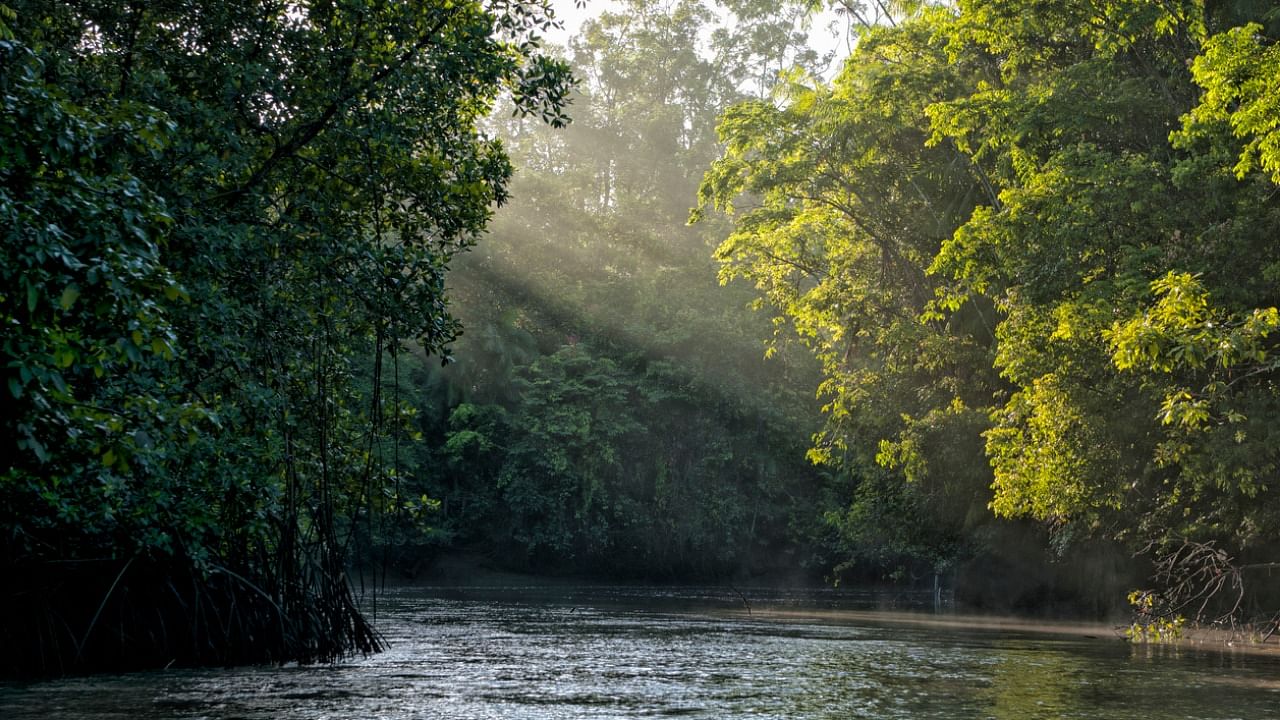
Representative image.
Credit: PTI File Photo
New Delhi: India has updated its national plan to protect biodiversity in alignment with the Kunming-Montreal Global Biodiversity Framework, officials said on Monday.
They said the updated plan will be released at the biannual UN Biodiversity Conference (COP16), scheduled to take place in Cali, Colombia from October 21 to November 1.
The Convention on Biological Diversity (CBD), adopted in 1992 to protect the world's biodiversity, requires countries to create a National Biodiversity Strategy and Action Plan (NBSAP), which is a key tool for safeguarding and utilising biodiversity at the national level.
An official said India updated its NBSAP to align it with the new goals and targets set by the Kunming-Montreal Global Biodiversity Framework (KM-GBF), adopted at the UN Biodiversity Conference (COP15) in Montreal, Canada.
One of the main goals of the KM-GBF is to protect at least 30 per cent of the world's land and oceans by 2030.
KM-GBF also aims to restore damaged ecosystems, such as forests, wetlands and rivers by 2030 to ensure they continue to provide essential services like clean water and air.
It also seeks to reduce pollution from plastics and chemicals that harm wildlife and ecosystems, while ensuring that local communities -- especially indigenous peoples -- who protect and rely on biodiversity are involved in decision-making and benefit from the sustainable use of resources.
Officials, however, said protecting 30 per cent of land and oceans is a collective global goal and not a national goal.
They say that the responsibility to achieve these goals should not fall disproportionately on developing countries, arguing that developed nations, which have historically contributed more to biodiversity loss and climate change, should take on a greater share of the burden in terms of conservation efforts and financing.